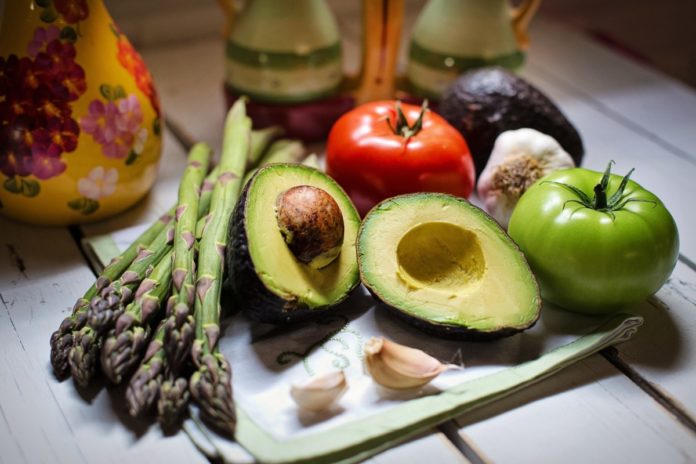Research by the Dutch Food and Consumer Product Safety Authority (NVWA) has revealed that one in five pieces of produce is contaminated with dangerous pesticides. These pesticides are endocrine disruptors, meaning that they affect how our hormones work.
Pesticides have serious health consequences
Endocrine disrupting pesticides have been banned in the European Union since 2009, and with good reason. Changes in our hormone balance can lead to infertility, birth defects, obesity, diabetes, ADHD and autism. Pregnant women and babies are particularly vulnerable to the effects of these pesticides. According to the environmental organisation Pan Europa, the ban on these pesticides is not being obeyed.
Main offenders are outside the EU, but Spain is also a problem
Most of the food produced in the Netherlands was not contaminated with these pesticides- the exceptions being chili peppers, cucumbers, apples, Brussels sprouts and strawberries. The worst country of origin within the European Union for using these endocrine disrupting pesticides was Spain. Approximately half of the nectarines, grapes and peaches from Spain sold in the Netherlands contained illegal levels of the pesticide. Outside the EU, Kenya, Uganda and the Dominican Republic were the main offenders.
One in five food items contaminated
The NVWA sampled three thousand food products sold in the Netherlands to produce these results. These foods included fruits, vegetables, herbs, seeds, grains, potatoes and nuts, and on average one in five of them contained the poisonous hormone.
What should the Dutch government do about this? Let us know your thoughts in the comments below.
Feature image: JillWellington/Pixabay.

One good way to avoid pesticide residues is to buy organic produce. Not only are the problem pesticides banned, but the production is carefully monitored.
(I’m a retired organic inspector – in the UK, but the regime is EU wide.)
Bill.
It’s very suggestive that both pesticides and antibiotics have been found in food intended for human consumption. There is another possible contaminant that might account for the rapid height increase of the Dutch – animal growth hormone. A study of what people ate when young could be quite revealing.